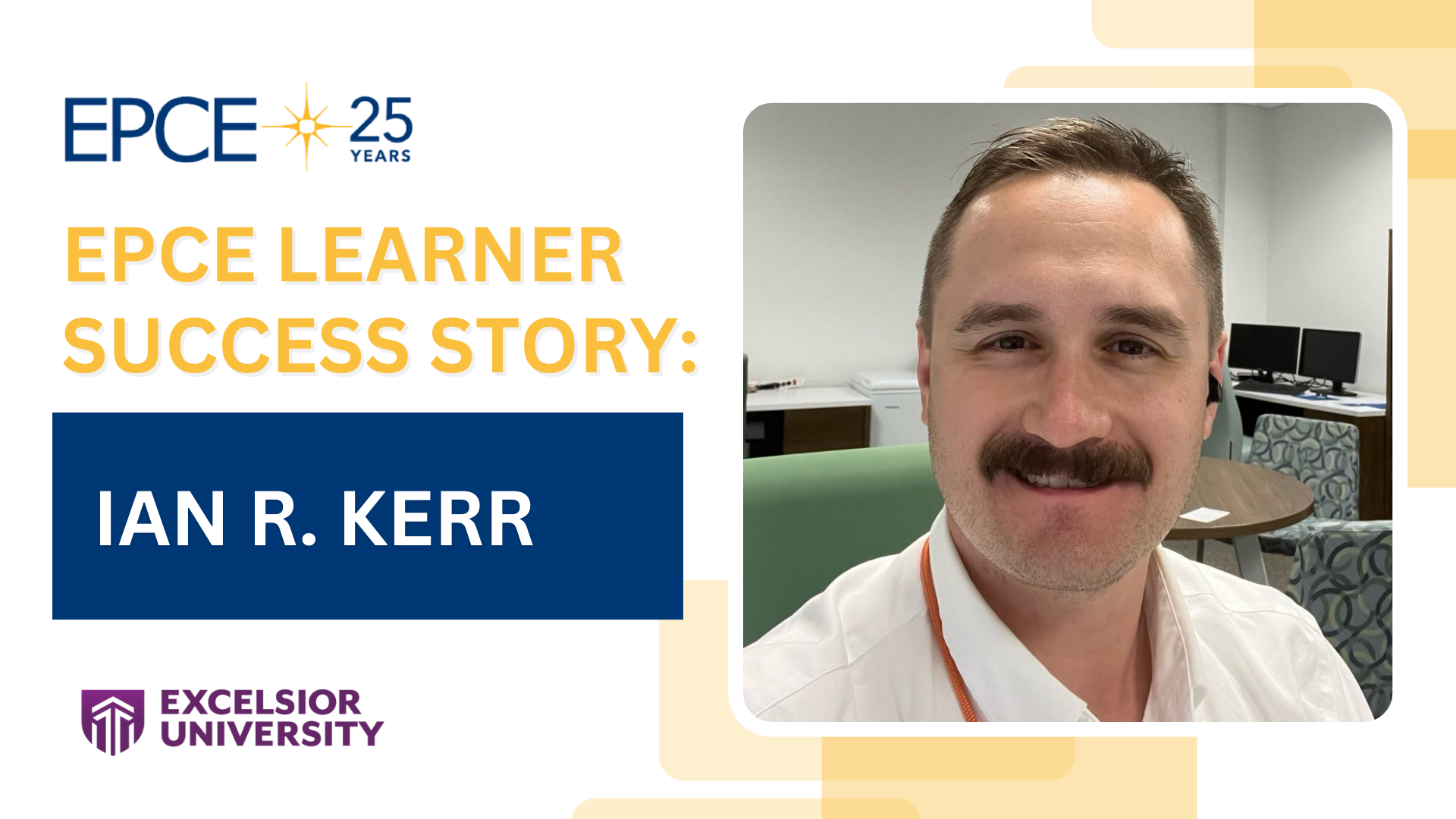Charting Your Course: BSEE vs. BSEET – Which Electrical Engineering Path is Right for You?
by EPCE on 07/11/2025
Considering a career in electrical engineering but unsure which degree best aligns with your goals? You're not alone! EPCE has two electrical engineering offerings which are 100% online, each with diverse paths. The bachelor of science in electrical engineering (BSEE) and the bachelor of science in electrical engineering technology (BSEET) cater to different career paths within the energy sector. Read on to learn the key differences between the two programs and hear from students who've walked these paths..
The BSEE: For the Theory-Driven Innovator
Clemson University's online BSEE program is an ideal choice for those who thrive on in-depth theoretical understanding and advanced scientific principles. This ABET-accredited program (Engineering Accreditation Commission) dives deep into important industry concepts, developing knowledge in advanced math and science, including calculus, computer programming, and physics. This program is geared toward careers as licensed engineers and engineer managers, often in utilities, equipment manufacturing, or energy-reliant companies.
 Tom Scott, a field engineer at Clay Electric Cooperative, shared about his BSEE journey, highlighting the flexibility online learning offered: "As with most cooperatives, they're located in pretty rural areas. Online education was really the only option I had. I just happened to catch the email [about the EPCE-sponsored online BSEE program through Clemson University] about the same time I was looking to further my education and career." He went on to endorse the rigor of Clemson’s program: "It's not a lighter class load, so it [wasn’t] easy.” He also praised Clemson faculty for “doing a great job” in the online environment. Tom graduated from Clemson’s BSEE program in 2016, achieving his dream of becoming a full-fledged engineer. He is currently the division manager of substation engineering with his same employer, Clay Electric Cooperative in Jacksonville, Florida.
Tom Scott, a field engineer at Clay Electric Cooperative, shared about his BSEE journey, highlighting the flexibility online learning offered: "As with most cooperatives, they're located in pretty rural areas. Online education was really the only option I had. I just happened to catch the email [about the EPCE-sponsored online BSEE program through Clemson University] about the same time I was looking to further my education and career." He went on to endorse the rigor of Clemson’s program: "It's not a lighter class load, so it [wasn’t] easy.” He also praised Clemson faculty for “doing a great job” in the online environment. Tom graduated from Clemson’s BSEE program in 2016, achieving his dream of becoming a full-fledged engineer. He is currently the division manager of substation engineering with his same employer, Clay Electric Cooperative in Jacksonville, Florida.
The BSEET: for the Hands-On Problem Solver
Excelsior University's online BSEET program – also ABET-accredited – emphasizes practical applications of engineering principles. This degree focuses on developing knowledge in more foundational math and science, such as algebra, applied calculus, and trigonometry. It's perfect for those who enjoy leveraging engineering knowledge to advance their technical job skills. Concentrations are available in electronics and power systems. Ultimately, this program leads students to careers as applied engineers and engineer technologists.
Students in the BSEET program appreciate the program’s ABET-accreditation, accelerated course structure, and practical focus.
 Fred Hall, an SCADA technician at UGI Utilities, said that in addition to the flexibility of online learning and the accelerated eight-week course structure, one of the biggest selling points of Excelsior's program for him was the ABET accreditation. “That's step one on the path to become a professional engineer (PE) -- earning an ABET-accredited bachelor's degree," which he did in 2016.
Fred Hall, an SCADA technician at UGI Utilities, said that in addition to the flexibility of online learning and the accelerated eight-week course structure, one of the biggest selling points of Excelsior's program for him was the ABET accreditation. “That's step one on the path to become a professional engineer (PE) -- earning an ABET-accredited bachelor's degree," which he did in 2016.
 Valerie Wohlscheid, a system engineer at HomeWorks Tri-County Electric Cooperative, summed up the program’s transformative impact saying, "Without the Excelsior program, obtaining my BSEET and achieving my dream of being an engineer would not have been feasible."
Valerie Wohlscheid, a system engineer at HomeWorks Tri-County Electric Cooperative, summed up the program’s transformative impact saying, "Without the Excelsior program, obtaining my BSEET and achieving my dream of being an engineer would not have been feasible."
Both the BSEE and BSEET offer incredible opportunities for growth and career advancement in the electrical engineering field. The choice largely depends on your desired emphasis: are you passionate about theoretical concepts and aiming for a licensed engineering role, or do you prefer hands-on applications and a career as an engineering technologist? Both programs also offer benefits like credit for prior learning, tuition savings for EPCE members, flexible scheduling, and advising services. Consider your interests, skills, and long-term career aspirations to determine which path will best fit the future you want to pursue.
If you would like more information about either program, please reach out to Bridgett Strickler, vice president of coalition strategy, HERE.
Download EPCE’s Electrical Engineering brochure HERE.
You May Also Like
Related News

EPCE Learner Success Story: Ian R. Kerr

.png?width=439&height=116&name=Untitled%20design%20(11).png)